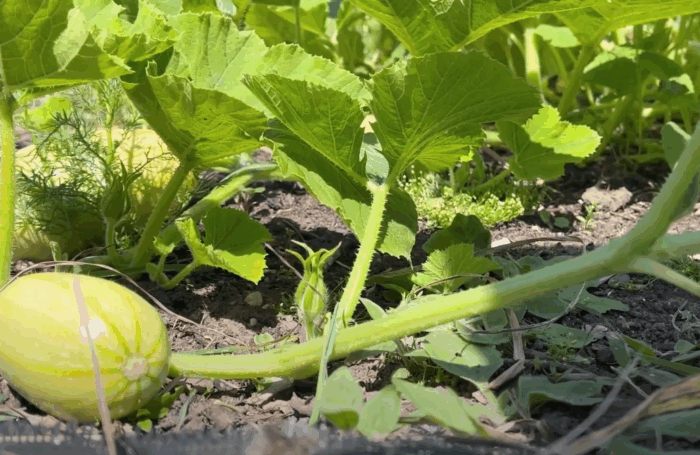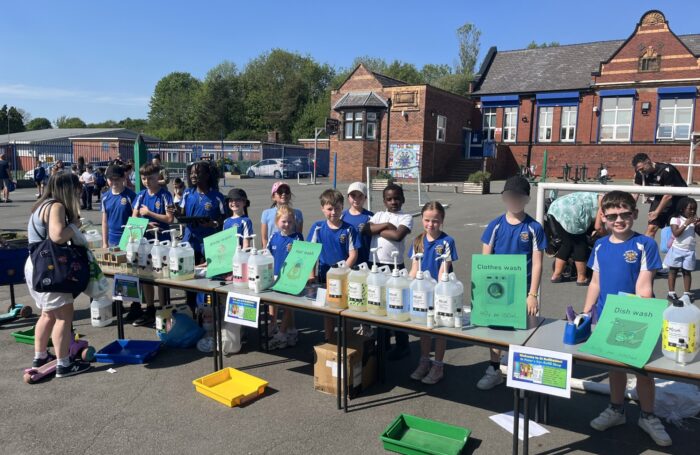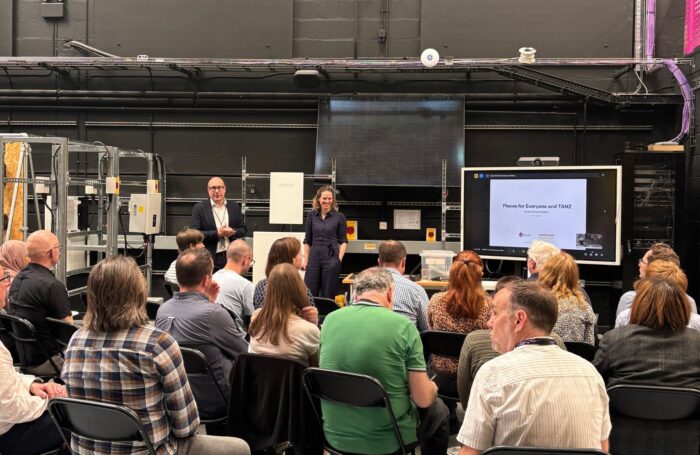Ten Greater Manchester schools will soon launch their pioneering, pupil-led Eco Refill Shops. Training has now started with the school leads, and pupils will soon begin to apply for the various roles to deliver a fully-stocked eco refill shop for their school community.
Greater Manchester has a Five year Environment Plan, part of this plan is to reduce the amount of waste we create and reduce our consumption, encouraging better and more sustainable behaviour for zero carbon living. Our aim is to create less plastic waste and achieve the city-region’s commitment to become a leading Refill Destination, encouraging residents to refill and reuse wherever they shop, eat and drink. By adapting and changing our shopping habits and reusing and refilling containers (household products, drink and food containers) all of these aims are achievable.
We are encouraging more public outlets, including shops and council spaces, to be part of a free public refill scheme, promoted on a mobile app which would enable more people to find out where they can refill in their locality.
One exciting initiative being rolled out this year are the ten pupil-led school eco refill shops, being delivered in partnership with Pupil Profit, an ethical enterprise delivering personal, social and health education. The school shops will sell refills of household products such as body wash and hand wash, with pupils encouraged to bring in containers to refill. The products are made in the UK, cruelty free, vegan, closed loop and environmentally responsible, and crucially they are also affordably priced. Refill prices range from £1.50 for 500ml of washing up liquid to £2.75 for a 500 refill of body wash. There is also a selection of soap bars, shampoo and conditioner bars, and even a dog shampoo bar.
The aim is to give young people the skills and tools to play a part in tackling the climate and ecological emergency and be part of the UK’s low-carbon circular economy through a school eco refill shop. The school shops will also tackle so much more than reusing old plastic containers and refilling with a great product, they also support learning workplace skills, building good habits and taking responsibility for the success of the shop.
The ten schools involved in the initial pilot are:
- Grange School, Manchester
- Hamer Community Primary School, Rochdale
- Piper Hill, Manchester
- St Margaret’s Mary’s RC Primary, Manchester
- St Martin’s Church of England Primary School, Oldham
- St Mary’s Church of England Primary School, Trafford
- St Mary’s Primary School, Manchester
- Urmston Primary School, Trafford
- Werneth High School, Stockport
- Woodbank Primary School, Bury
Cllr Tom Ross, Leader of Trafford Council and Greater Manchester lead for Green City Region, Waste and Recycling, said: “Reaching our ambitious environmental goals will take backing and action from everyone living and working in the city-region, so it’s really important that we foster a strong understanding of the importance of sustainability in our young people. This brilliant pilot scheme will provide children with valuable green and entrepreneurial skills, all whilst setting the standard for others to follow as we push to make Greater Manchester a leading Refill Destination and a greener place to live, work and grow.”
Elizabeth Gimblett, Founder at Pupils Profit said: “Our goal is for children in as many schools as possible to start refill shops, using this memorable activity to instil responsible attitudes to waste in younger generations, whilst helping children to develop skills, and actively encouraging the entire school community of parents, carers and staff to reduce their plastic waste.”
During a series of articles, we will follow each school as they undertake their Enterprise Training, create a business plan and apply for job roles, develop different skills and learn to Operate and Evaluate their business.
We will then report on how they are operating the Shops with a fully circular product range of Hand Wash, Body Wash, Washing Up Liquid and Laundry Liquids. It’s going to be interesting to see what products sell the most and what the pupils have learnt from their shop launch.
The third step to the project will be reporting on how sustainable the shops are within the schools and how the Eco Shop team are mentoring other pupils to hand their shops over to a new cohort of pupils for the new school year in September, ensuring that the shops are fully sustainable and pay for themselves. It’s going to be an exciting nine months ahead, watch this space for further updates on their progress.



